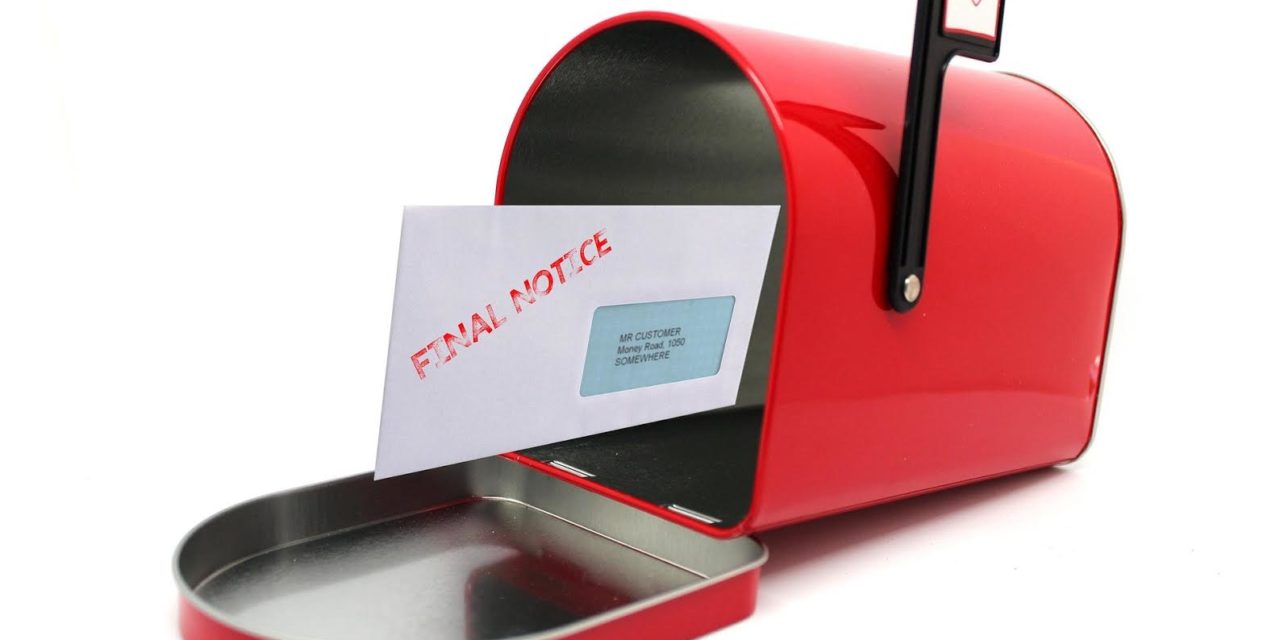During the pandemic, there were a whole lot of government programs that helped people in financial trouble and, on Thursday, Aug. 17, the Guilford County Board of Commissioners is set to hear a final report on one such initiative – the Emergency Rent and Utilities Assistance (ERUA) program.
The final report will be presented by county staff to the Board of Commissioners, which will also be a chance for the commissioners to show their thanks to social services staff who worked hard administering the program.
ERUA got its start in February of 2021 – a year after Covid restrictions hit North Carolina – and the program finally exhausted its funding in June 2023.
Guilford County government received just over $50 million in federal and state funds – with about $14 million coming directly from the US Treasury and the remainder being federal relief money that passed through the State of North Carolina.
Guilford County also allocated about $750,000 from local funding for the program that helped county residents who needed help with rent and utilities during the COVID restrictions. After announcing the program, Guilford County was flooded with over 15,000 applications – of which 11,495 were approved.
About $3,500,000 was spent administering the program and providing eviction mediation and legal assistance.
One part of the program – the eviction mediation effort – meant having someone at at both the Greensboro and High Point Courthouses two days every week that court was in session. These services were provided in partnership with the University of North Carolina at Greensboro and Legal Aid of North Carolina.
The program is still in the closeout process and is following the US Treasury’s final procedures. Guilford County staff is continuing to reissue returned or voided payments to make sure that as many people as possible have been assisted before the program shuts down. As a result, the total funds spent and the number of county of households assisted may be subject to “minor correction” after the August 17 report.
This program was administered by County Department of Health and Human Services, which had a team of seven dedicated case staff workers– as well as a program manager and supervisor – who administered the program.
Also, more than 30 social services caseworkers were temporarily assigned to the program after being pulled from other from other jobs.


Nothing more than a big govt give away. Don’t be fooled.
Another vote-buying scheme. Govt will tax me out of my home, and redistribute it to the faithful.
I need help with my rent (taxes). Send money.
It’s interesting to see people complain about the government taking on proven, effective, efficient programs to prevent homelessness. For all the whining that goes on at this site about how bad homelessness is, this rental assistance program prevented homelessness from growing. Nationally, homelessness was the lowest it had been in a decade and that was likely the case here. Between rental assistance, unemployment insurance, and the child tax credit, the government effectively and efficiently stepped up big time to lower the homeless rate. Unfortunately too many people don’t want to do what works.
A recently released paper studied the effects of homeless prevention programs and found that they work. They found, “This paper provides the first evidence from a randomized controlled trial isolating the impact of financial assistance to prevent homelessness. In this study individuals and families at imminent risk of homelessness were offered temporary financial assistance, averaging nearly $2,000 for those assigned to treatment. Our results show that this assistance significantly reduces homelessness by 3.8 percentage points from a base rate of 4.1 percent. The effects are larger for people with a history of homelessness and no children. Despite concerns about cost-effectiveness due to difficulty targeting, our estimates suggest that the benefits to homelessness prevention exceed costs.”
The government did the efficient thing that works to prevent homelessness and I’m sad to see this program come to a close.
The full paper is here: https://sites.nd.edu/james-sullivan/files/2023/04/SCC_homelessness_prevention-8-1.pdf